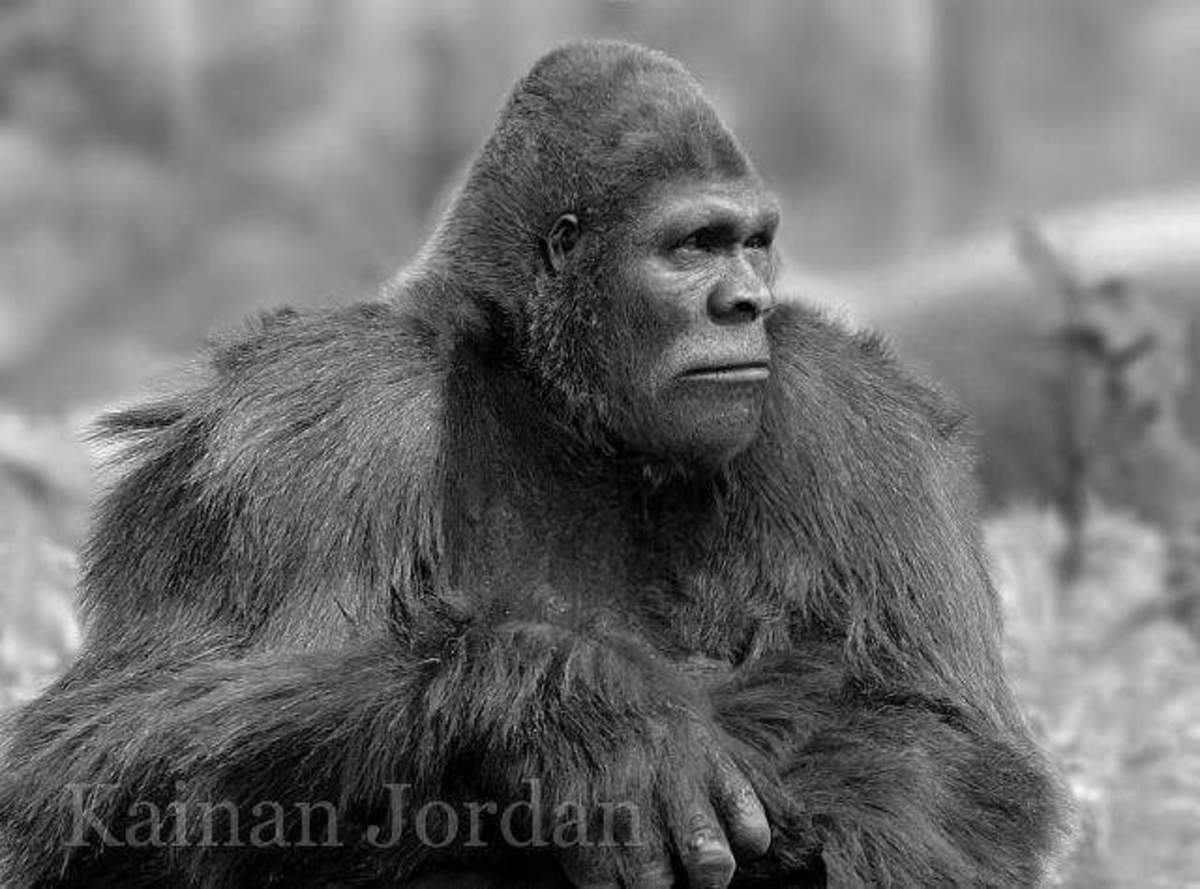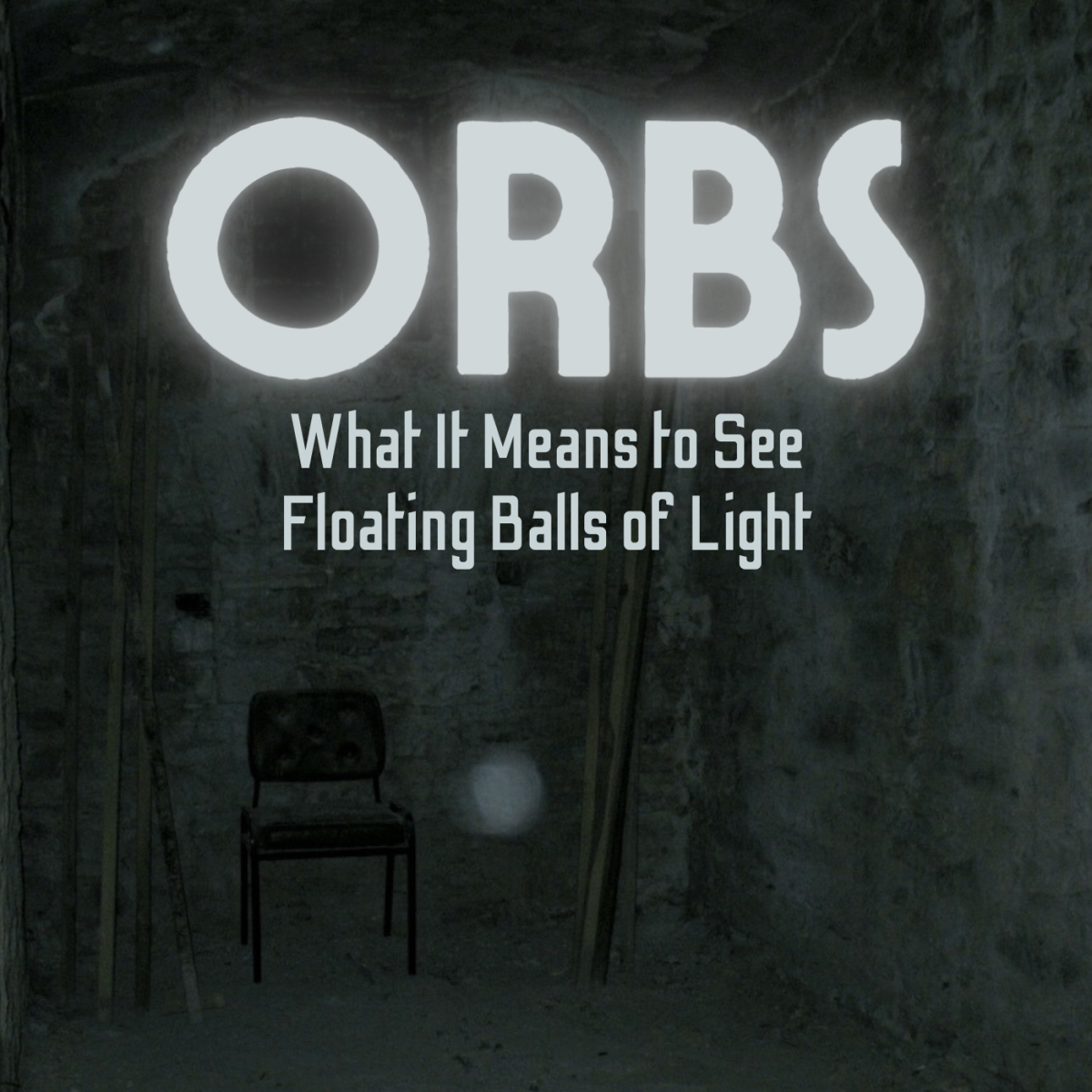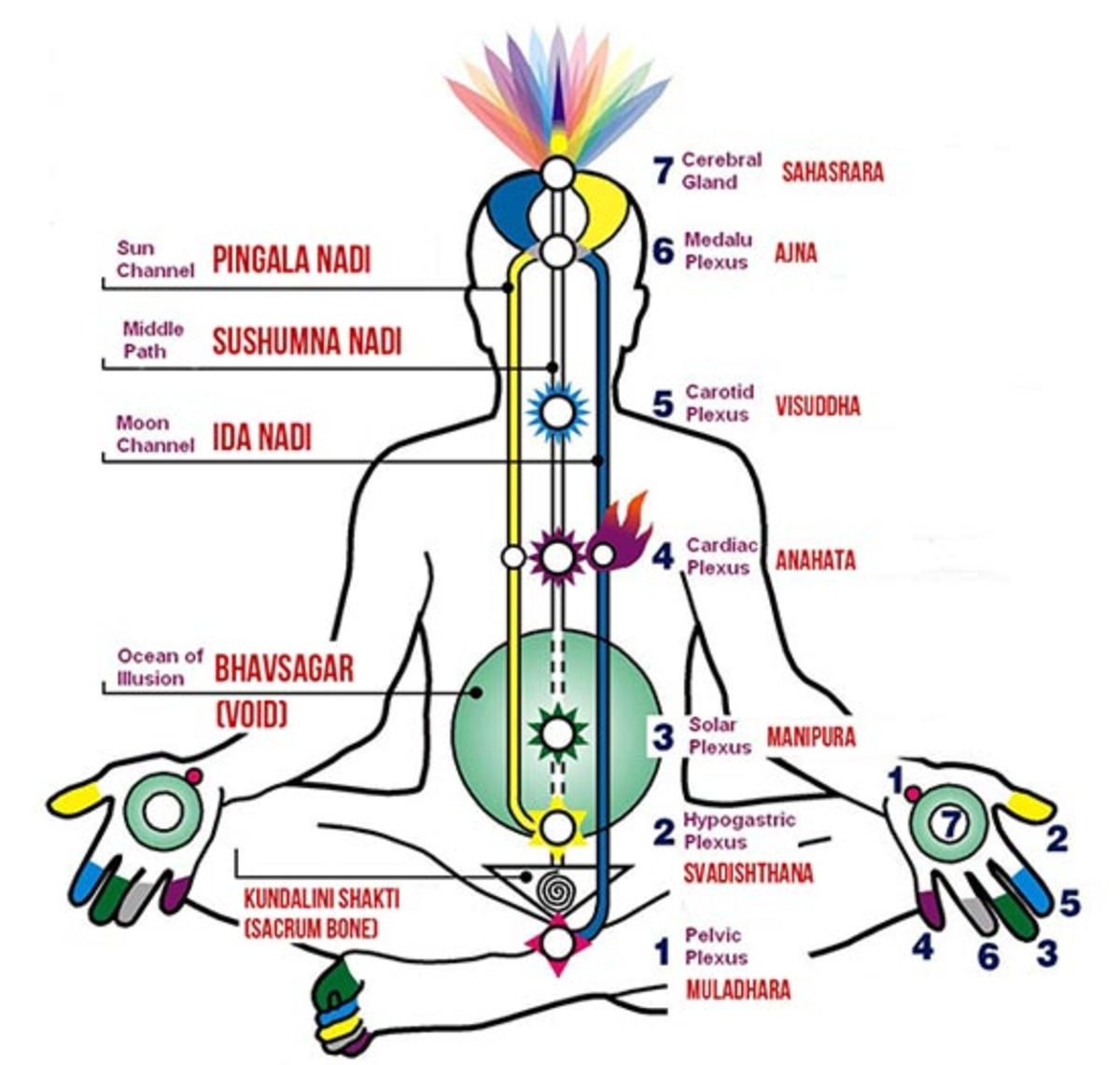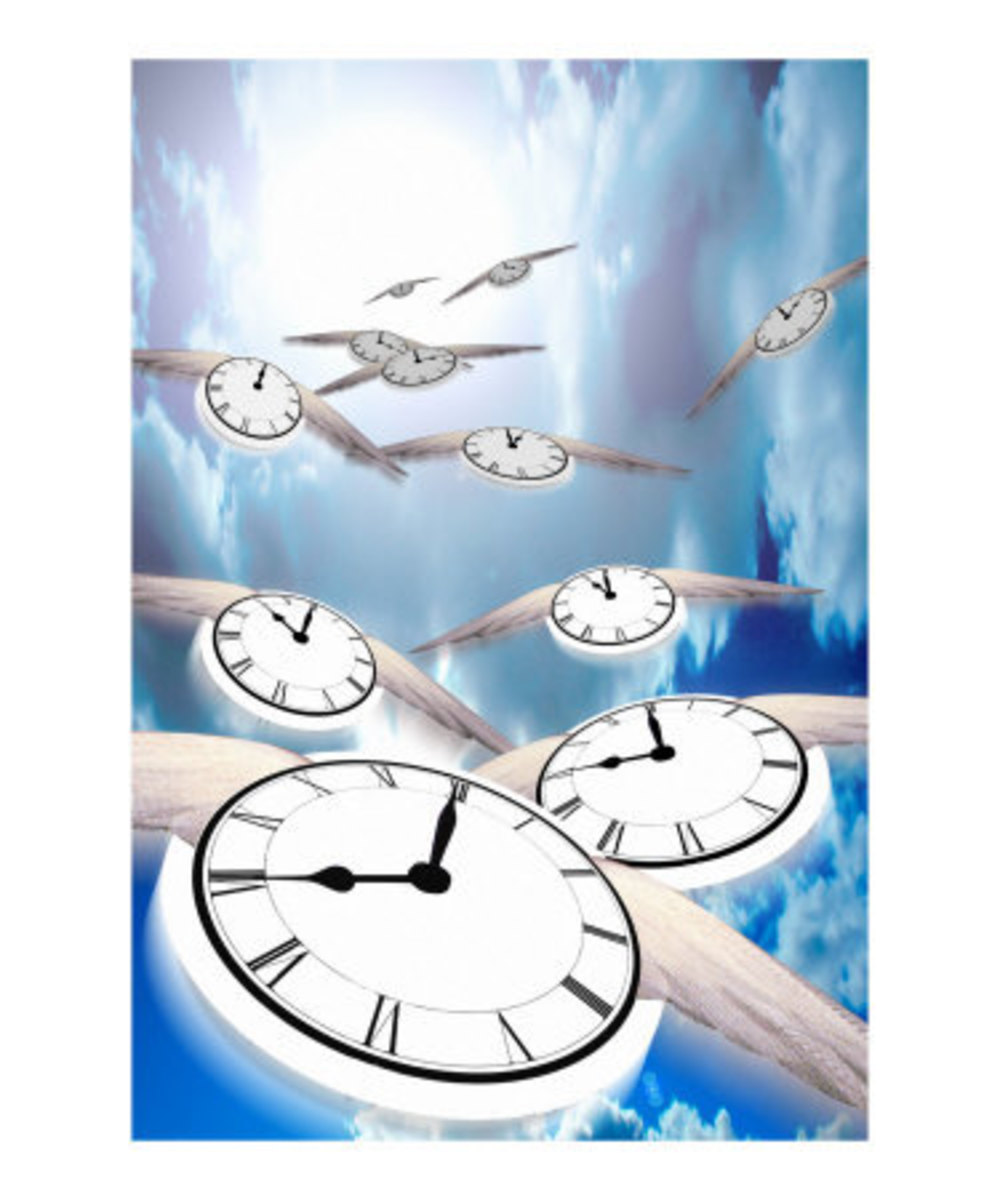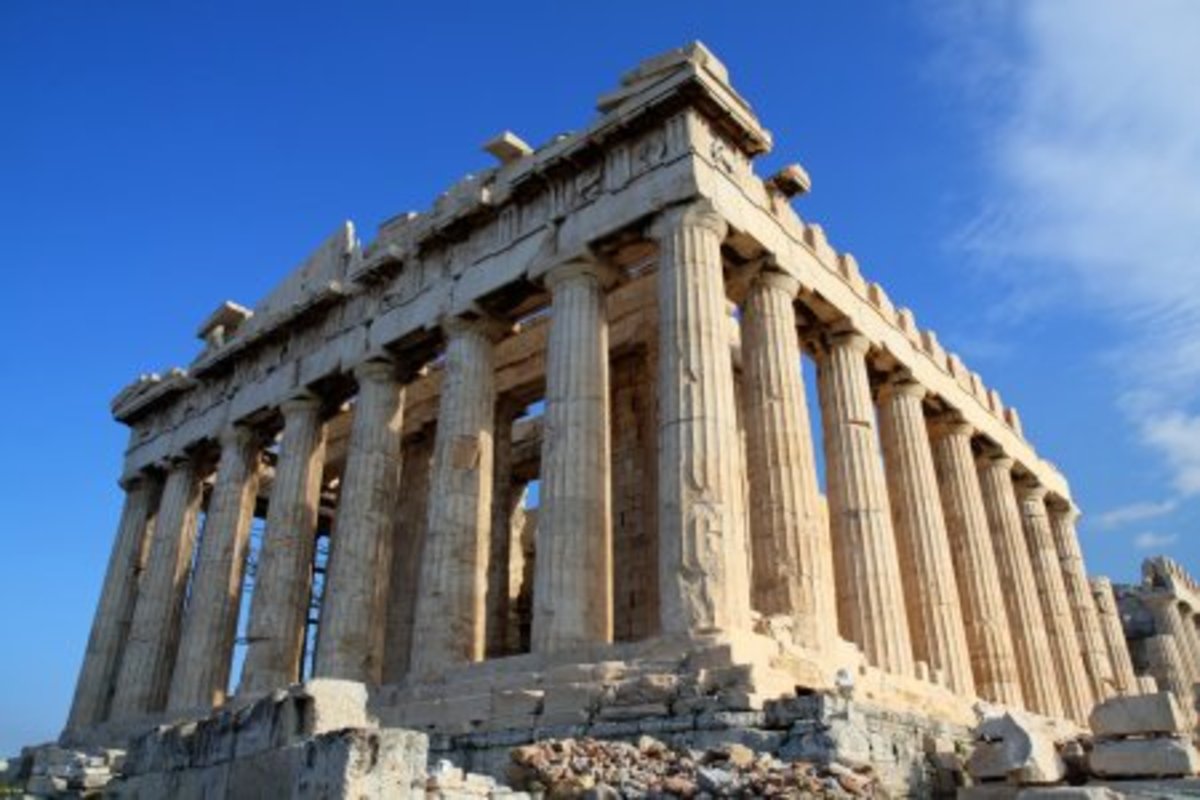The Unity-Consciousness Paradigm, Part 3: Life, Death, Love, and Fear
A Breif Recapitulation
You and I are individuated portions of a single, apparently infinite unified conscious information/energy thing we call the Source. The goal, or intent, of the Source, and consciousness in general, is to evolve to a state of lower entropy. Entropy in this case can be defined as both randomness (information) and disorder (energy) - information and energy are two ways of describing the same thing.
The Source evolves by limiting, apportioning, and replicating parts of itself, which then can interact (exchange information/energy) with each other. The interactions of the parts, the exchanges of information/energy acting between the individuated, intelligent/energetic portions of consciousness, creates quantitative and qualitative changes within each part. We call this process evolution. The Source can subsume and replicate the evolutionary informational/energetic changes within its parts, thus lowering its overall entropy and evolving to a state of higher intelligence/efficiency/harmony/order, or lower entropy.
In the previous essay we defined a logos as a portion of consciousness within the Source which can create a "reality" through which the source can experience and interact, the 4-d time/space environment that we perceive being an example of one such reality, or logosphere. We can imagine that a logosphere is analogous to what we call a virtual reality, and the logos is the computer (or part of the computer) that contains the rule set that defines that reality and how the players can interact within it.
The purpose of the logos and logosphere is to supply an environment in which individuated units of consciousness (I.U.C.'s) can have a sufficiently large number of energetic/informational interactions to generate a sufficiently large number of potential avenues for evolutionary progress, expansion and harmonization of an I.U.C.'s consciousness, which then add to the overall evolutionary progress, expansion, and harmonization of the Source and all that is.
As you evolve the quality of your being, you help the Source evolve the quality of its being. Of course, your contribution is fairly small, much like the fairly small contribution a single intestinal bacteria makes to the overall quality of the human being it inhabits. But you play a role nonetheless, and you should be proud of that fact, but not too proud.
So why are we here? To evolve. More specifically, to evolve consciousness. Even more specifically, to evolve our individuated portions of consciousness. This happens through experience, or energy/information exchanges which can occur externally through interaction with other I.U.C.s, or internally through thinking, introspecting, meditating and so on (if the Source can evolve by interacting with itself, why can't you?)
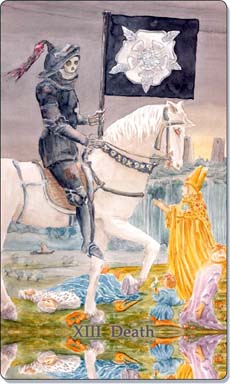
Why we die...
As IUC's evolving in a virtual reality logosphere we call the physical universe, our experiences are limited by the rule set, or natural laws, that the logos has programmed into this reality. These limitations are placed on our experience to facilitate our evolution, to make learning, growth, and improvement possible, and to make life more fun, interesting, and worth our time.
In computer games, limitations or rule sets define the interactive possibilities of the avatars (virtual constructs the player uses to interact within a virtual environment) and make the game a coherent, challenging, and rewarding experience.
Mortality is one such hypothetical rule - if an avatar could not be "killed" the game would not be challenging - another could be that the avatar cannot walk through walls or fall through floors, that there are top speeds at which the avatar can move, that the avatar obeys the laws of virtual gravity, that there is a time limit (mortality again), that your avatar needs to "power up," and so on and so forth.
In the game of life, the I.U.C. is the player, the physical body is the avatar, the logosphere is the virtual reality, and the logos is the computer that determines the rule set (programming) in order to allow for sufficiant potential energetic/informational interactive possibilities to create rich enough learning experiences to allow the I.U.C. (and by extention the Source and all that is) to evolve the quality of its being. The laws of physics and the facts of life are the programming rule set that limit the possibilities for interaction in this logosphere and therefore make life as we know it both possible and interesting.
Lets discuss a few of these rules and what they do to make this such a fun logosphere to play in. One that should be obvious because I just mentioned it, is death. That's right, death makes life more fun. Lets take a detour down a metaphorical side street...
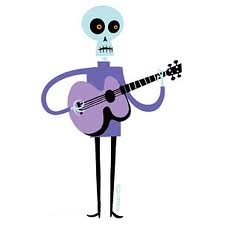
No one gets good at playing the guitar by playing one infinitely long song from beginning to end. We get good by starting out playing short, simple songs with only a few chords, we play them over and over until we have mastered them, and then we move on to something slightly more complicated. And so it is with life. In many instances, an I.U.C.'s experience of a single life in this logosphere is like a bad punk rock song - nasty, brutish, and short. Death allows the I.U.C. to move on to the next song, perhaps a good punk rock song this time (still nasty, brutish, and short, but played better), or maybe eventually a 13 minute 80's hair-metal power ballad.
So the life span of an avatar, or "physical" body construct, is limited to facilitate faster learning. The I.U.C. can have far wider opportunities for growth and interaction if it goes through multiple, repetitive life cycles rather than just one eternal experience where it cannot die but may eventually fall into a situation where there is little opportunity or motivation for growth. (Say you're an immortal, eventually you'll probably fall down a deep dark hole or get jettisoned into space. What do you do for the rest of eternity? Twiddle your thumbs?)
Just as a musician becomes a better overall player by first repeating the same few short songs, making many mistakes, learning from them, and gradually developing the ability to play longer, more interesting, more beautiful and harmonious songs, I.U.C.s become better overall beings by living limited life spans, repeating mistakes until they are learned from and corrected, and becoming better players in the game of life by evolving their consciousness to a lower entropy, more harmonious state. The I.U.C. is the musician and each lifetime is a particular song being played. Or if we think of an I.U.C. as a video-gamer, a life-time constitutes one "turn".
Isn't part of the beauty of a song the fact that it has an ending? Isn't it great that as a musician, you don't have to immediately start out playing one song that goes on forever, you can stop, start again, or move on to the next in an apparently infinitely set of musical possibilities.
From the perspective of the Source it is much more efficient to run its I.U.C.'s through multiple learning "simulations," so that a much wider variety of experiences and evolutionary possibilities can be logged and eventually subsumed into the larger network. In other words, reincarnation makes sense in a Unity-Consciousness paradigm, where the evolution of consciousness is the fundamental activity of the universe.
The Fallen Savior
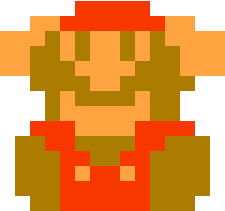
Death is Evolution's friend
Anyone who has ever played the video game Super Mario Brothers or any similar game knows that the game would be utterly pointless if you didn't have to die dozens of times before you get to the end. If Mario didn't die, there would no reason to play the game at all, and not much reason for ever trying to improve. Instead of the high-octane, white knuckle thrill ride we know and love, it would be a long boring walk through a colorful yet pointless virtual 2d universe. Of course, at the end, you would get to save the Princess, but what would be the point? Anybody could to it. Princess Toad Steel would lose her allure - she would end up coming off as easy and probably, not to sound too harsh, a bit of a slut. (Letting herself get rescued by any Mario who happens to wander all the way to the last level, no matter what their actual skill level is... ptff! That's the sound of me spitting on the ground disgustedly!)
And so it is with life. The avoidance of death and danger is a motivating factor for the evolutionary growth of conscious beings in this logosphere. It encourages us to get things done, because your this is going to be over some day. If death and danger did not exist, we would miss out on all the wonderful evolutionary learning possibilities that come from first trying to avoid and eventually learning to confront and accept these things.
This Mario discussion raises another interesting point, which is that Princess Toad Stool represents (among many other things) a goal, desire, or motivating factor that drives Mario to subject himself to all the hot lava pits,killer turtles, flytraps, poisonous walking mushrooms (as opposed to the kind that transform Mario into a bigger and better version of himself (wink wink) ) and the BDSM obsessed royal family of reptiles who you have to fight at the end of every level (wink wink wink) and inevitable deaths and rebirths that are caused by all of these things.
The point is, that Super Mario Brothers is an entertaining game because there are other motivating factors besides the desire to avoid "death," namely the desire to save Princess Toadstool (lets be romantic and call this desire love) that make the game fun and interesting. If Princess Toadstool didn't need saving, there would be little reason for Mario to avoid getting killed so he could make it all the way to the end, and thus no reason for the gamer to improve his or her ability to play the game, or even play the game at all.
And so it is with life. There are good reasons for dyin'(already discussed), and good reasons for livin'(soon to be discussed in further detail).
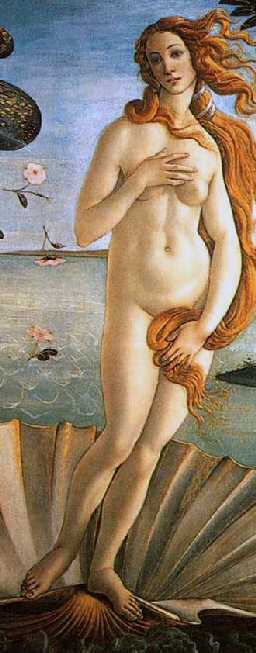
Why we live (Love)
In the Unity-Consciousness paradigm, evolution is the naturally occurring reorganization of energy/information within the Source. What we call natural selection or "survival of the fittest" is the result of the Source's desire to achieve a lower entropy, more harmonious state of energetic/informational organization. It does this through the process of dividing and reorganizing its individuated parts .
An I.U.C., such as you and I, is an individuated part of the Source that has evolved to experience and interact (reorganize energy/information into a more or less harmonious state) with other I.U.C.'s in limited, rule-set based simulations called logospheres.
As previously discussed, there are a variety of operational rule sets put in place which limit an I.U.C.'s experiences and ensure that this logosphere is capable of providing optimal opportunity for the evolutionary growth of I.U.C.s, and in general make the world a more interesting place to in which to live.
As an Individuated Unit of Consciousness, we are of the Source and one with the Source, and within each I.U.C. there exists the same innate desire that exists within the consciousness of the Source itself, and that is the desire to experience, grow, evolve, create, and improve the quality of its being.
That desire is the main motivating factor of our existence, and all existence in general. Some romantic types (like myself, for instance) could call this desire Love. (Note that that's with a big "L," - I'm talking about a powerful force of nature that exists everywhere and within everyone and everything, not how you feel about puppy dogs and ice cream.)
We can think of Love as a force like gravity that attracts consciousness towards higher (less entropic, more harmonious) potential states of being. By definition, actualizing a more harmonious state requires a reorganization of information/energy (either by reorganizing previously acquired information/energy, or appropriating newly acquired information/energy into the already extant organizational system). Therefore, Love drives consciousness to continually acquire and reorganize information, in other words, to experience, to learn, to think, to feel, and to grow.
Love attracts individuated consciousness to interact with other individuated consciousness, and this interaction fuels the evolutionary process - thesis meets anti-thesis and the interaction of the two generates synthesis, which then goes on to form the thesis (or anti-thesis) of the next phase. Love draws I.U.C.-1 (me) to I.U.C.-2 (you), there are energetic/informational exchanges which occur between the two (hugs n' kisses, longs walks on the beach, sex, children, marriage counseling, divorce), the interactions lead to quantitative and qualitative changes in consciousness (we grow and learn and are changed by these experiences and the choices that brought them about).
Love actually acts very much like gravity. Both are universal attractors, one attracts consciousness to consciousness, the other attracts physical mass to physical mass. Both are necessary for the evolutionary process. We could actually think of Love as the Gravity of Consciousness, or we could think of gravity as the Love of "physical" mass.
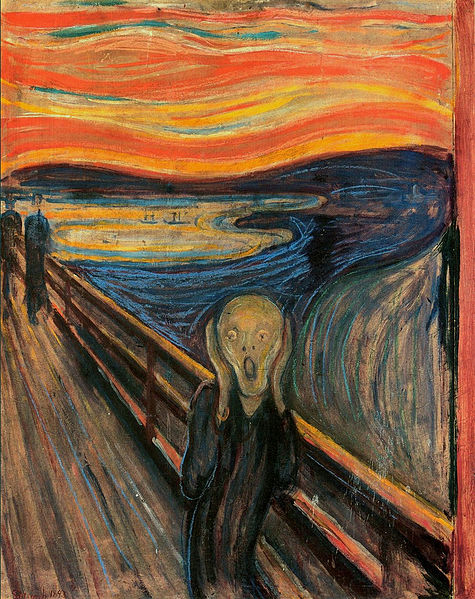
Why things is so messed up (Fear)
We run into a problem here, however, and that is that if Love were the only motivating force acting on reality, the Source's consciousness would end up collapsing in on itself - all I.U.C.'s would become attracted to each other, there would be continuous merging of information/energy into harmonized, yet boring, organizational structure, and the potential for further evolution would be lost. Similarly, If gravity were the only force acting on the physical universe all matter would collapse back into a singularity and there would be no chance for the evolutionary process to create new and interesting physical forms. So, the Source had to put a breaking mechanism on consciousness, to counteract the attractive force of Love. That mechanism, or force, we call fear.
A sufficiently large informational/energetic structure can overwhelm or consume a tiny I.U.C. before it has a chance to develop its own quality of consciousness, thus depriving it and the rest of the universe from the potential entropy reducing benefits that would have been acquired had that I.U.C. had a longer life-span.In order for an individuated unit of consciousness to stay individuated, it has to have a self preservation instinct which will repel it from interactions which could be potentially destructive, destabilizing, or overwhelming. In other words, fear.
An evolving I.U.C. is composed of information/energy of a certain quantity, and a certain level of organization. Bits of information are organized (or have a level of harmony or entropy) within an I.U.C. according to how they relate to other bits and how they integrate (fit in, synergize). Depending on the size, entropy, and organizational structure of the I.U.C., and the size, entropy, and structure of the incoming information/energy, the I.U.C. may be wholly incapable of integrating the information/energy into the preexisting structure within its consciousness (Or it might just think it is incapable). If the information/energy is powerful enough, and cannot be integrated, such an interaction could destabilize, possibly even destroy, the extant structures within the I.U.C. fundamentally altering its quality and increasing its entropy. If the information/energetic interaction was a perhaps much, much larger I.U.C., the smaller I.U.C. might risk becoming integrated into the larger I.U.C., like a comet falling into a sun.
Fear makes the I.U.C. more discerning and particular about the type of informational/energetic interactions to which it will submit itself. When the I.U.C. experiences fear in the presence of potentially destabilizing information/energy, it retreats by cutting itself off from the interaction, or blocking the exchange of information/energy, or by blocking the integration of destabilizing information/energy within itself (thus increasing its entropy).
So, as Love is like gravity that pulls consciousness into interaction and evolutionary change, Fear is like anti-gravity that pulls consciousness into further separateness and isolation and resistance to evolutionary change. Without Love, consciousness would expand and divide into nothingness. Without Fear, consciousness would collapse in on itself. The interaction between the two keeps the the Universe in balance and on a long, slow, incremental evolutionary path towards lower overall entropy.
The dialectical interaction between Fear and Love within an I.U.C.'s consciousness is a major factor in determining the I.U.C.'s evolutionary trajectory. Each new significant experience provides the I.U.C. with an opportunity to choose between acting out of Fear and blocking the integration of energy/information, or acting out of Love and integrating the new experience and evolving its consciousness. Actions motivated by love tend to lead to higher state of harmony, whereas actions motivated by Fear tend to lead to a higher state of entropy. Actions motivated by fear by definition cannot lead to positive changes in consciousness, as such changes cannot occur without integration of (new or old, incoming or internal) energy/information, and acting out of fear means blocking or avoiding this integration.
For I.U.C.'s that are sufficiently evolved and have their awareness in the "non-physical" logosphere(s) (as opposed to our apparently "physical" 4d time/space logosphere) of direct consciousness to consciousness energetic/informational interaction, fear is not a big problem, just as pain is not a very big problem for many human beings in their daily awareness. An I.U.C. that is aware of its surroundings can easily avoid intensely fearful encounters by being cautious and knowing how to avoid potentially destabilizing interactions, just as a human being aware of his surroundings can easily avoid pain by being cautious around sharp, hot, heavy, explosive, toxic, and otherwise dangerous objects.
An I.U.C. of a high enough quality can react to fear as a person with sufficient self control can react to physical pain - through healing. It does this by observing and accepting that it is in a high-entropy, fear-inducing state, then taking positive steps to reduce that entropy and evolving to a state where previously destabilizing information/energy can be safely integrated.
Its down here in the logosphere where fear can be a real bitch. As relatively high entropy I.U.C.'s, most of us experience a good amount of fear on a daily basis, and we see the results of fear manifest all around us. Fear is the basis of hatred, greed, selfishness, envy, guilt, which in turn lead to war and mass murder, hoarding and theft of resources, lying, you name it.
Fear leads to the creation of the Ego, which acts as a sort of buffer between fear and thought. Fear is an indicator of a high entropy consciousness and the Ego is a delusion of a high entropy consciousness. The Ego "helps" the I.U.C. cope with its fear by convincing it that there is no fear, or if there is that the fear is justified and there is no reason to attempt to overcome it or improve the quality of its consciousness. The Ego convinces the consciousness that its thoughts are orderly, that all is as it should be, and that if there are any problems, they aren't in consciousness, but in the other, the world, the people, this or that group, the way things are, etc.
There is a lot more to discuss about Fear, and the Ego, and of course many other topics only briefly touched upon in this essay, but due to self imposed constraints on the size of these things, I will have to leave that discussion for another essay and cut this baby of right here. Thanks for reading and see you next time....

